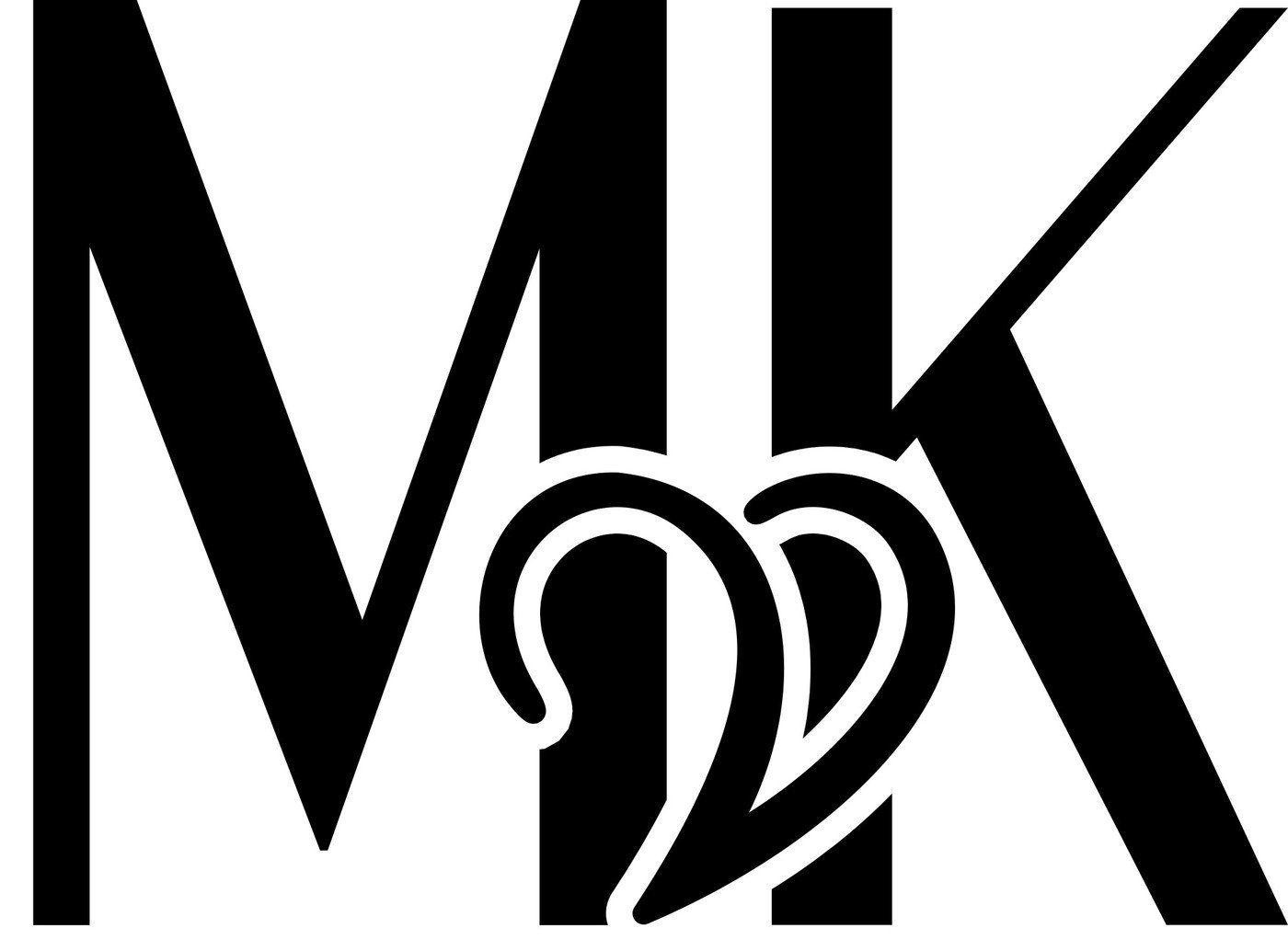Ever wondered what all the fuss is about MKV files? Well, buckle up because we're diving deep into the world of this versatile video format. If you've stumbled upon an MKV file and found yourself scratching your head, you're not alone. MKV, or Matroska Video, has taken the digital media scene by storm, and understanding it can unlock a whole new level of video enjoyment.
Now, let's get real. MKV isn't just another video file type. It's a container that holds so much more than just your favorite movie or TV show. Think of it like a digital Swiss Army knife for multimedia. In this guide, we'll break down everything you need to know about MKV files, why they're so popular, and how you can use them to enhance your media experience.
So whether you're a tech-savvy guru or someone who just wants to watch their favorite flicks without any hassle, this article has got you covered. Let's dive in and explore the ins and outs of the MKV format!
What is an MKV File?
Let's start with the basics. MKV, or Matroska Video, is a multimedia container format that can hold multiple types of data, including video, audio, subtitles, and even images. Unlike other video formats, MKV is designed to be flexible and adaptable, making it a favorite among media enthusiasts and professionals alike. It's like having a media toolbox in one file.
But why all the hype? Well, MKV is open-source, meaning it's free to use and modify. This flexibility allows developers to create tools and software that can easily handle MKV files, making them widely supported across different platforms. Plus, it supports high-quality video and audio codecs, ensuring your media looks and sounds as good as possible.
Why Choose MKV Over Other Formats?
Here's the deal: MKV offers several advantages over other video formats. For starters, it's incredibly versatile. You can store multiple audio tracks, subtitles, and even chapters within a single file. This means you can have different language options, commentary tracks, and special features all in one place. Who wouldn't want that?
Plus, MKV supports lossless compression, which means your files can be smaller without sacrificing quality. This is a game-changer for anyone who wants to save storage space while still enjoying top-notch media. And let's not forget about the compatibility factor. MKV works seamlessly with a wide range of devices and software, so you don't have to worry about compatibility issues.
How to Open and Play MKV Files
Playing MKV files is easier than you think. Most modern media players, like VLC, MPC-HC, and PotPlayer, support MKV out of the box. All you need to do is download and install one of these players, and you're good to go. No need for fancy codecs or complicated setups.
If you're using a device that doesn't natively support MKV, don't panic. There are plenty of third-party apps and plugins that can help you play these files without any issues. Just make sure you download them from trusted sources to avoid any security risks.
Advantages of Using MKV
- Flexibility: MKV allows you to store multiple audio tracks, subtitles, and chapters in one file.
- Quality: Supports lossless compression, ensuring your media looks and sounds great.
- Compatibility: Works with a wide range of devices and software.
- Open-Source: Free to use and modify, giving developers the freedom to innovate.
These advantages make MKV a top choice for anyone looking to enhance their media experience. Whether you're a casual viewer or a professional editor, MKV has something to offer.
Common Issues with MKV Files
While MKV is a fantastic format, it's not without its challenges. One common issue is compatibility. Some older devices and software may not support MKV, which can be frustrating. However, this is easily solved by using a media player that supports the format or converting the file to a more compatible format.
Another issue is file size. While MKV supports lossless compression, some files can still be quite large, especially if they contain high-quality video and audio. This can be a problem for those with limited storage space. Thankfully, there are tools available that can help you compress MKV files without losing too much quality.
Converting MKV to Other Formats
Sometimes, you might need to convert an MKV file to a different format. Maybe you want to share it with someone who doesn't have the right software or upload it to a platform that doesn't support MKV. Whatever the reason, converting MKV files is pretty straightforward.
There are plenty of tools available for converting MKV files, both online and offline. Some popular options include Handbrake, Freemake Video Converter, and Online-Convert. Just make sure you choose a tool that preserves the quality of your media. And always remember to check the compatibility of the target format with your intended device or platform.
Top MKV Players
VLC Media Player
VLC is hands down one of the best media players for playing MKV files. It's free, open-source, and supports a wide range of formats, including MKV. Plus, it's available for Windows, Mac, Linux, and even mobile devices. What's not to love?
MPC-HC
MPC-HC, or Media Player Classic - Home Cinema, is another excellent choice for playing MKV files. It's lightweight, fast, and packed with features that make it perfect for media enthusiasts. And the best part? It's completely free!
PotPlayer
PotPlayer is a powerful media player that supports MKV and a host of other formats. It's known for its advanced features and customization options, making it a favorite among tech-savvy users. If you're looking for a player that can handle everything from simple videos to complex media files, PotPlayer is worth checking out.
How to Edit MKV Files
Editing MKV files might seem intimidating, but with the right tools, it's actually quite simple. Programs like MKVToolNix and mkvmerge GUI are great for splitting, merging, and extracting tracks from MKV files. They allow you to customize your media by adding or removing audio tracks, subtitles, and even chapters.
If you're looking for something more advanced, video editing software like Adobe Premiere Pro and Final Cut Pro can handle MKV files with ease. These programs offer a wide range of editing tools and effects, giving you complete control over your media. Just keep in mind that they can be a bit pricey, so they're best suited for professionals or serious hobbyists.
Tips for Optimizing MKV Files
Want to get the most out of your MKV files? Here are a few tips to help you optimize them for better performance:
- Compress Your Files: Use tools like Handbrake to compress your MKV files without losing too much quality.
- Organize Your Media: Keep your MKV files organized by creating folders for different types of media, like movies, TV shows, and music videos.
- Backup Your Files: Always keep a backup of your MKV files in case something goes wrong. You can use cloud storage or an external drive for this.
By following these tips, you can ensure your MKV files are optimized for the best possible experience.
Future of MKV
So, what does the future hold for MKV? Well, with its versatility, quality, and compatibility, it's safe to say that MKV is here to stay. As technology continues to evolve, we can expect to see even more features and improvements in the MKV format. Who knows? Maybe one day it'll become the standard for all digital media.
But for now, MKV remains a favorite among media enthusiasts and professionals alike. Its open-source nature and flexibility make it a powerful tool for anyone looking to enhance their media experience. So if you haven't already, give MKV a try and see what all the fuss is about!
Conclusion
In conclusion, MKV is a fantastic video format that offers flexibility, quality, and compatibility. Whether you're a casual viewer or a professional editor, MKV has something to offer. By understanding its advantages and limitations, you can make the most out of this versatile format.
So why not give MKV a try? Download a media player that supports it, explore its features, and see how it can enhance your media experience. And don't forget to share your thoughts and experiences in the comments below. We'd love to hear from you!
Table of Contents


